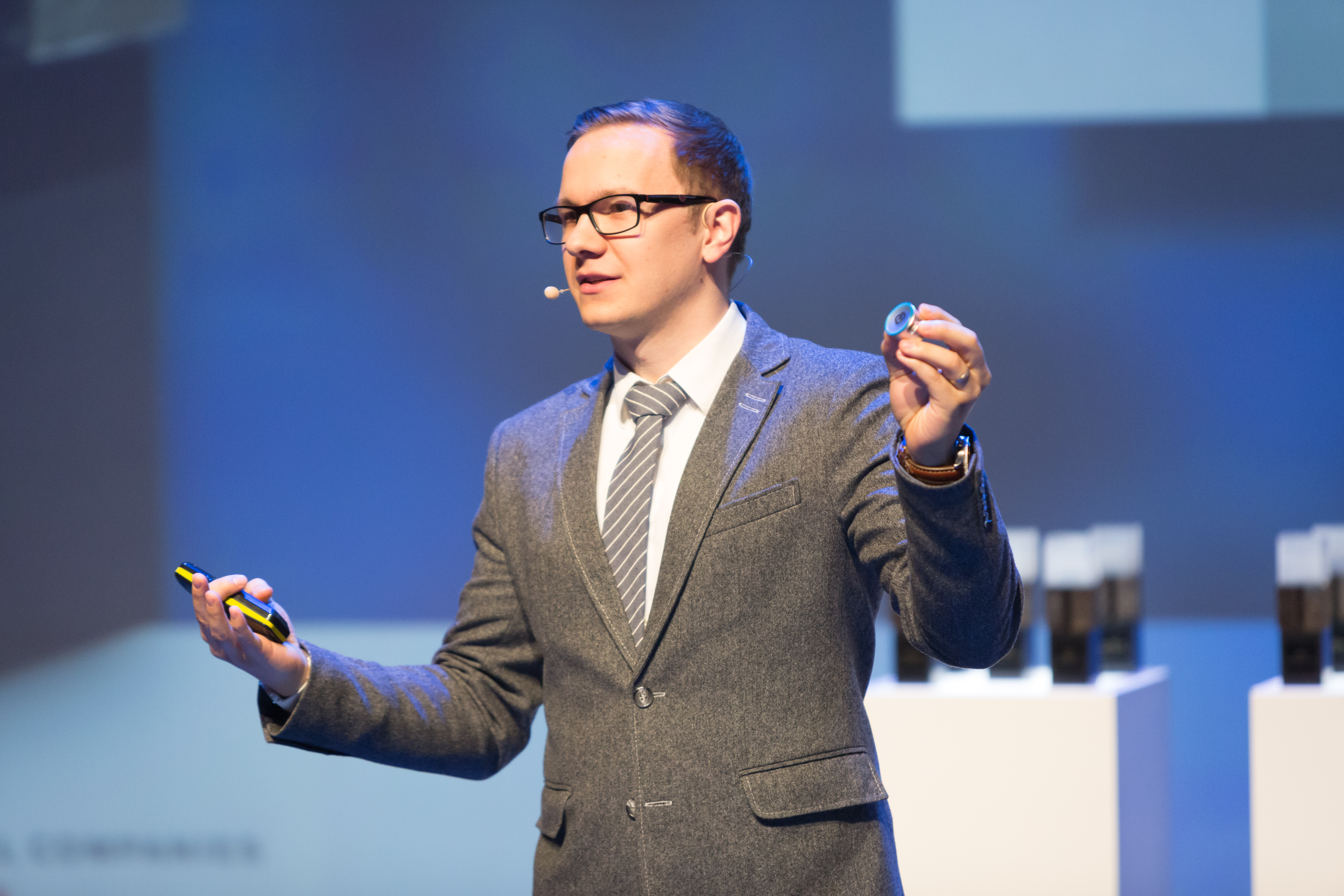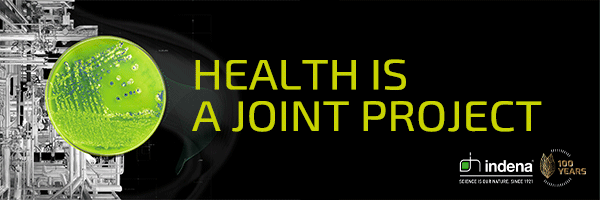Pharmaceuticals
The future of medicine: Science fiction or fact? 27th February 2018
By our Editorial Team
Dr Bertalan Meskó, Director of The Medical Futurist Institute in Budapest, Hungary, explores the evolving converg

Dr Bertalan Meskó, Director of The Medical Futurist Institute in Budapest, Hungary, explores the evolving convergence of digital health communications, patient-led changes and proactive, highly personalized preventative care.
In recent years, the old paradigm of the paternalistic model of medicine has been transforming into an equal partnership between patients and healthcare professionals. This evolution has been augmented by a number of technological inventions that promise patients the ability to take control of their own healthcare in a way that was unimaginable to previous generations. The concepts of self-diagnosis and self-management, using personalized approaches best suited to the individual patient, offer modern patients tremendous opportunities. However, is it feasible to rise to these expectations?
We spoke Dr Bertalan Meskó, Director of The Medical Futurist Institute and Amazon Top 100 author of My Health: Upgraded and The Guide to the Future of Medicine, in advance of his keynote presentation at CPhI North America – if you are attending the event in Philadelphia, you can hear his presentation on 24th April at 1:30 pm.
When did this start? People were talking about personalized medicine more than a decade ago, but it related primarily to genomics and ‘pharmacogenomics’. Was this the start of the revolution that we now see before us, or does it go back further than that?
Dr Meskó: The completion of The Human Genome Project showed that it would be possible to get personalized treatments. But even that time, it seemed a bit far-fetched. With the swarm of wearable devices providing data for the patients that flooded the market in the 2010s, it got to the next level. Now we know it’s not just possible, but there is no other way of managing conditions properly knowing how much we are all different from each other genomically and metabolically.
Which technologies do you think have had the greatest impact on healthcare so far?
Dr Meskó: Patient empowerment has had the greatest impact on healthcare. This is not a technology in itself, but was brought upon because of new technologies such as social media, wearable sensors or big data analytics. This has been shaping the basics of the doctor-patient relationship and the whole status quo of healthcare. Nothing will have a bigger impact on care until real artificial intelligence comes into action.
Are advanced diagnostics promoting a focus on prevention rather than cures?
Dr Meskó: Digital health technologies promote prevention because it makes sense to shift the focus from treatment to prevention; and because companies found a simpler business need in people who wanted to live healthier, rather than choosing a population of patients dealing with a medical condition. The regulatory environment is also much more complicated for treatments than prevention.
As well as influencing the way pharmaceutical products are used, how are new technologies affecting the way in which they are manufactured?
Dr Meskó: The whole process of the supply chain is going to be affected by disruptive technologies that are more efficient, faster and cheaper than any technology before them. Exoskeletons could aide factory workers. Augmented reality glasses could let workers start their job without prior training. 3D printing will change how and where we manufacture drugs. Artificial intelligence will change drug design and development. Blockchain technologies will help fight against counterfeit drugs. The list is very long.
You recently described blockchain as “More transformative than Trump on Twitter”.1 Can you summarize how you think blockchain will impact healthcare and pharma?
Dr Meskó: Blockchain has immense potential in healthcare. According to the IBM Institute for Business Value blockchain study, new adopters of the technology expect the greatest blockchain benefits across time, cost, and risk in three areas: clinical trial records, regulatory compliance, and medical/health records. Due to its time-sensitive nature, blockchains shift the lens from disparate bits of information held by a single owner, to the lifetime history of an asset. Instead of big data, capturing long-term data becomes more easily possible. And that’s exactly why it is the perfect solution when we need to document a patient’s health record to set up reliable vaccine registries or to secure the movement of drugs through the supply chain.
Is it a concern that “a little information can be a dangerous thing”? By giving non-medically trained patients the ability to monitor and treat themselves, are we potentially removing an important level of professional input?
Dr Meskó: This would mean that professionals know everything out there, therefore no informed decision could be made without them. That’s simply not true. When 27 million medical studies are available in the public database on Pubmed.com, physically no physician can be up-to-date. They need technologies to fill that gap. Also, the final decision should always be made by the patient (that’s a basic patient right). Digital health is about transforming the hierarchy of healthcare into an equal-level collaboration. It’s certainly not about pushing patients to diagnose themselves.
With the industry changing so rapidly, how can pharmaceutical R&D and manufacturing companies keep up with new technologies?
Dr Meskó: Companies can’t keep up with the changes, but people within the companies can. They can learn about new technologies, they can be open-minded about how those would affect their job and the company. They could be curious about their own health through technologies which is a great introductory step into digital health. Basically, they could find a way to force themselves to keep asking challenging questions. For me, this motivation comes from science fiction, which I’ll describe in my keynote too.
Reference
1. The Medical Futurist. medicalfuturist.com
1. The Medical Futurist. medicalfuturist.com
Interview with:
Bertalan Meskó, Director of The Medical Futurist Institute, Budapest, Hungary
http://medicalfuturist.com
Bertalan Meskó, Director of The Medical Futurist Institute, Budapest, Hungary
http://medicalfuturist.com


